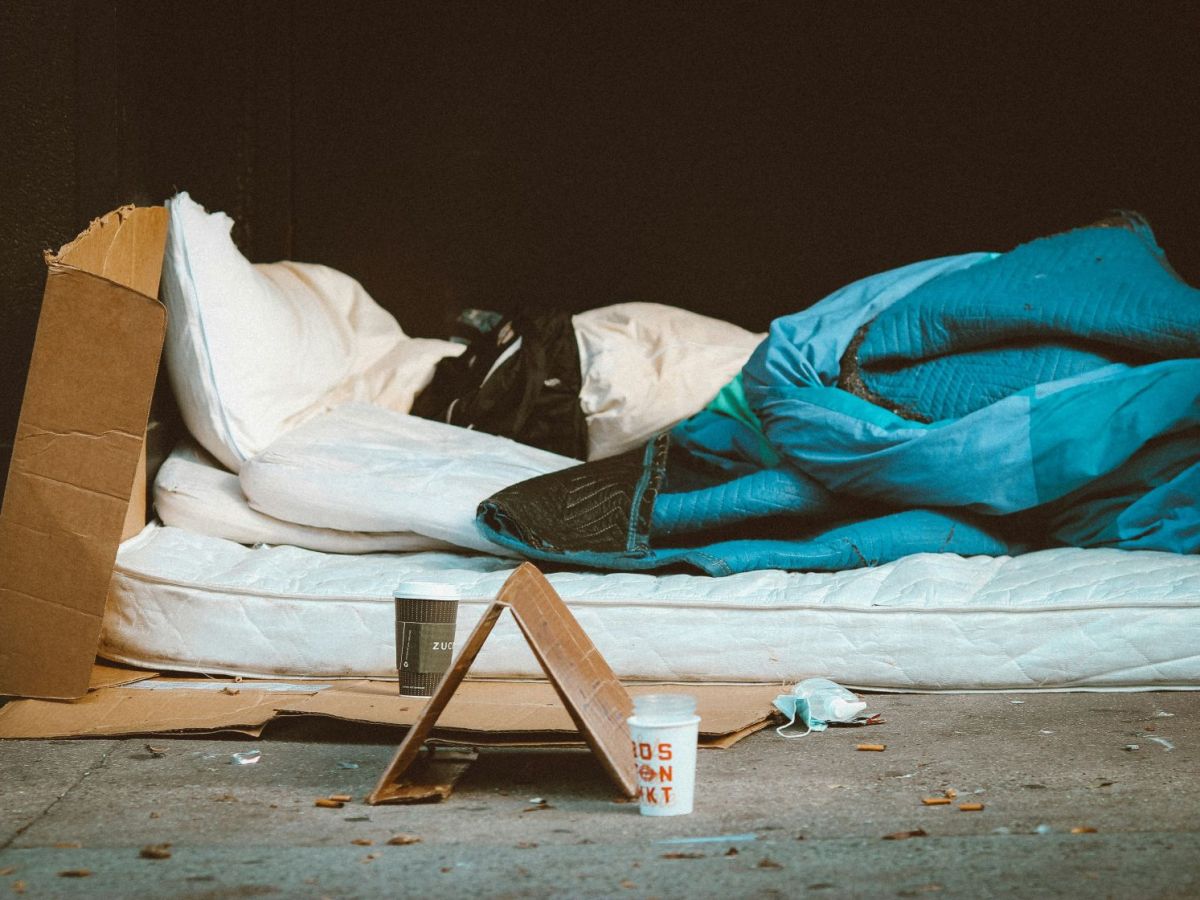The term “housing exclusion” covers people who live on the streets and do not have a home (homelessness) to others who have a roof over their heads but whose housing is considered precarious or unsafe for their personal and social development, according to the study ‘Housing exclusion: a broad view of homelessness’.
The study was conducted by the Spanish Rental Observatory, an entity created by the Secure Rental Foundation and researchers from Rey Juan Carlos University. It also included contributions from the tuTECHÔ organisation, which brings together entities and funds that buy homes to rent them at moderate prices or to social organisations.
According to the study, around 3.7 million people, including families with children, live in homes considered unsafe, either because they do not have a legal contract to live there or because they are under threat of eviction.
Another 4.8 million people live in housing considered inadequate due to habitability problems, because they are “shacks” or because of the high number of cohabitants in relation to the space and conditions of the home.
In the report, the observatory warns of the growing number of homeless women in Spain: they have gone from 19.7% of this population to 23.3% in the space of a decade.










